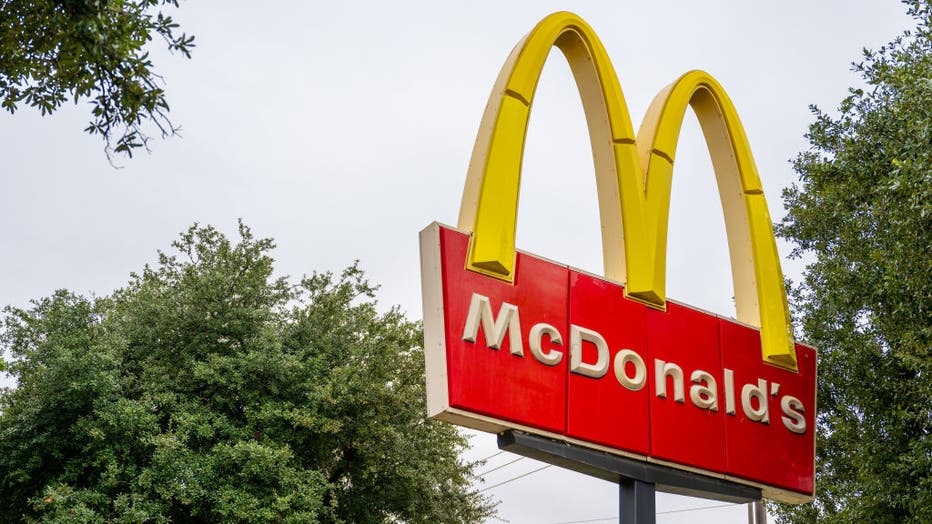Come Monday, which fast food workers get raised to $20 an hour?

Come Monday, which fast food workers get raised to $20 an hour?
As of Monday, a new law mandating $20 hourly wages for fast-food workers goes into effect. That will give many low-income workers a big boost in pay they otherwise would not have gotten. But there are exceptions.
ALAMEDA, Calif. - As of Monday, a new law mandating $20 hourly wages for fast-food workers goes into effect. That will give many low-income workers a big boost in pay they otherwise would not have gotten. But there are exceptions.
For some, it’s too little too late. For others – it's way better than before.
California's minimum wage is $16 an hour. So, workers making that might choose fast-food jobs for $20 an hour. That is a 20% pay increase, way above inflation.
But customers at Alameda In-N-Out were skeptical.
"I can't even afford to live here and I work a good job. But, it's never enough. So, they can get $20 an hour, but it's not gonna make a difference," said Kevin Lomax." I don't think so. Not out here. I think they need more than that to make it out here.I don't know. We'll see," said Wally Lim.

(Photo by Brandon Bell/Getty Images)
Former Employement Development Department Director and now employment lawyer Michael Bernick at the Duane Morris law firm says this about fast food prices, "Certainly there will be some price increases. We'll see how extensive they are and we'll see how they roll out over the next couple of months."
Not all fast food workers will get it. "There's a lot of complexity about which workers are covered and which establishments are covered," said Bernick.
The restaurant must be in a chain of 60 restaurants or more nationwide. The restaurants cannot have table servers. The customers must pay for food in advance. Many exceptions include fast food at airports or restaurants that bake bread.
And, consider this. "We have a large number of workers in California who are making minimum wage or slightly above," said Bernick.
Many low-wage workers may quit for higher wages elsewhere. "Other sectors that have workers who are making less than $20 an hour have expressed concern that their workers will leave those jobs and move to fast food restaurants. Again, we'll see," said the former EDD Director.
Then there is the "UAW effect." When the UAW won its strike, non-union companies started increasing wages so as not to lose their workers.
So, employers of low-wage earners, such as long-term care certified nurse assistants, the very bedrock of long-term care as well as healthcare, and retail workers may have to do the same. "New regulations always have a lot of impacts that aren't expected," said Bernick.
Given that California's Unemployment Insurance Fund is now $20 billion in the red, automatic tax increases on employers will increase costs further. And you are paying for it.

